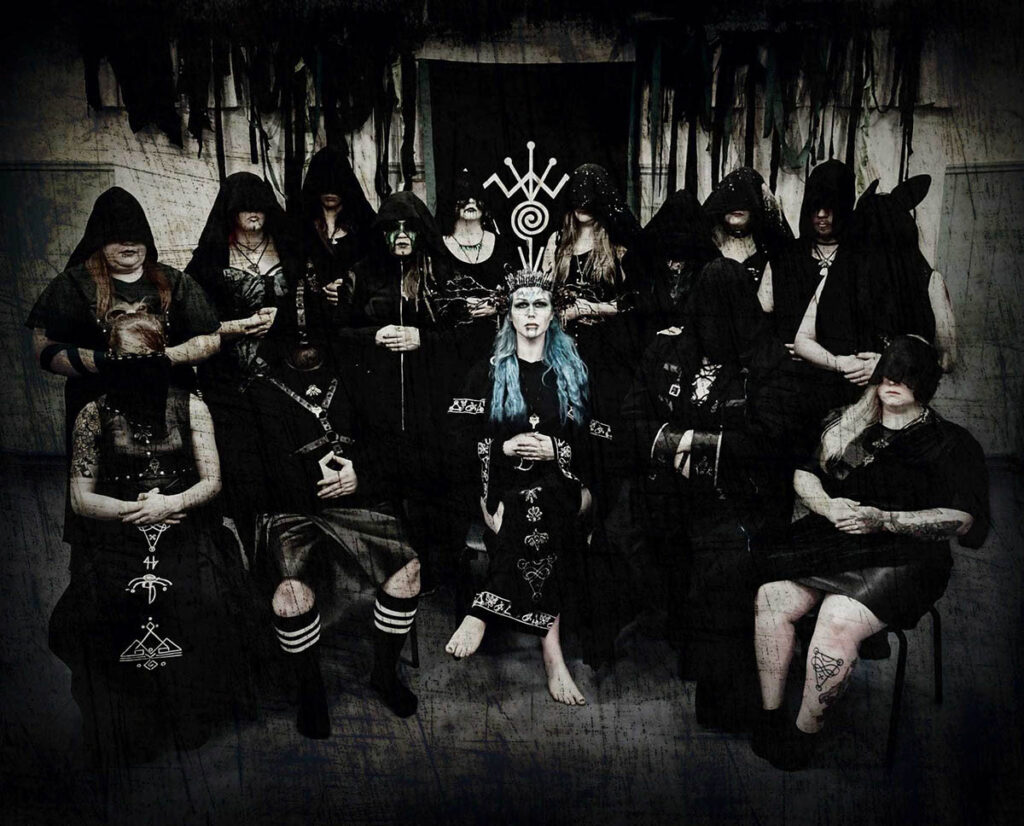A secluded religious group that bombed oil wells that they believed were poisoning the community
In the seclusion of Peace River Country, Alberta, Canada, a story of Christian retreat, conflict, and ecoterrorism unfolded, captivating the nation. This narrative revolves around the community of Trickle Creek, founded in 1985 by former Christian Reformed pastor Wiebo Ludwig, his wife Mamie, their children, and the Boonstra family. They sought to escape the perceived moral decadence of society, striving for a self-sufficient and isolated life.
The community initially focused on establishing a self-sustaining lifestyle, engaging in hard work and familial bonding. However, their peaceful existence was disrupted in the early 1990s when they discovered that their farm sat atop a major gas field. This led to a series of unfortunate events, including livestock and human miscarriages attributed to the activities of the oil and gas industry. As tensions with the industry escalated, Ludwig and his community engaged in a covert battle against the companies, resorting to acts of sabotage which included pouring cement down oil wells and blowing up sites. Ludwig’s actions landed him in prison, convicted of charges related to these acts of vandalism.
The conflict with the oil industry was not without its tragedies. The death of a teenager, Karman Willis, who was shot after trespassing on the Trickle Creek farm in 1999, marked a dark chapter in the community’s history. The incident, shrouded in mystery due to the unidentified shooter and uncharged nature of the crime, contributed to the heightened tensions and scrutiny the community faced.
Despite legal battles and confrontations with law enforcement, Ludwig maintained his innocence. His stance was rooted in a deep-seated belief that the industry was a threat to his family and community. Even after his release from prison, Ludwig continued to advocate for environmental and societal reform, albeit his methods and the repercussions of his actions remained controversial.
Ludwig’s struggle with the oil and gas industry, although ending with his imprisonment, highlighted the broader issues of environmental degradation and the impacts of industrial activities on rural communities. His fight, while leading to significant legal and personal consequences, also sparked a conversation about the lengths to which individuals might go to protect their way of life and the environment.
In the years following his release, Ludwig’s life took a quieter turn, dedicating time to his family and his faith until his death in 2012 from esophageal cancer. He remained a complex figure, viewed by some as a fervent environmentalist and by others as a misguided zealot. His legacy, encapsulated in the documentary “Wiebo’s War,” continues to provoke discussion on environmental activism, community living, and the conflicts that can arise when traditional lifestyles collide with industrial expansion.
image via The Globe and Mail




